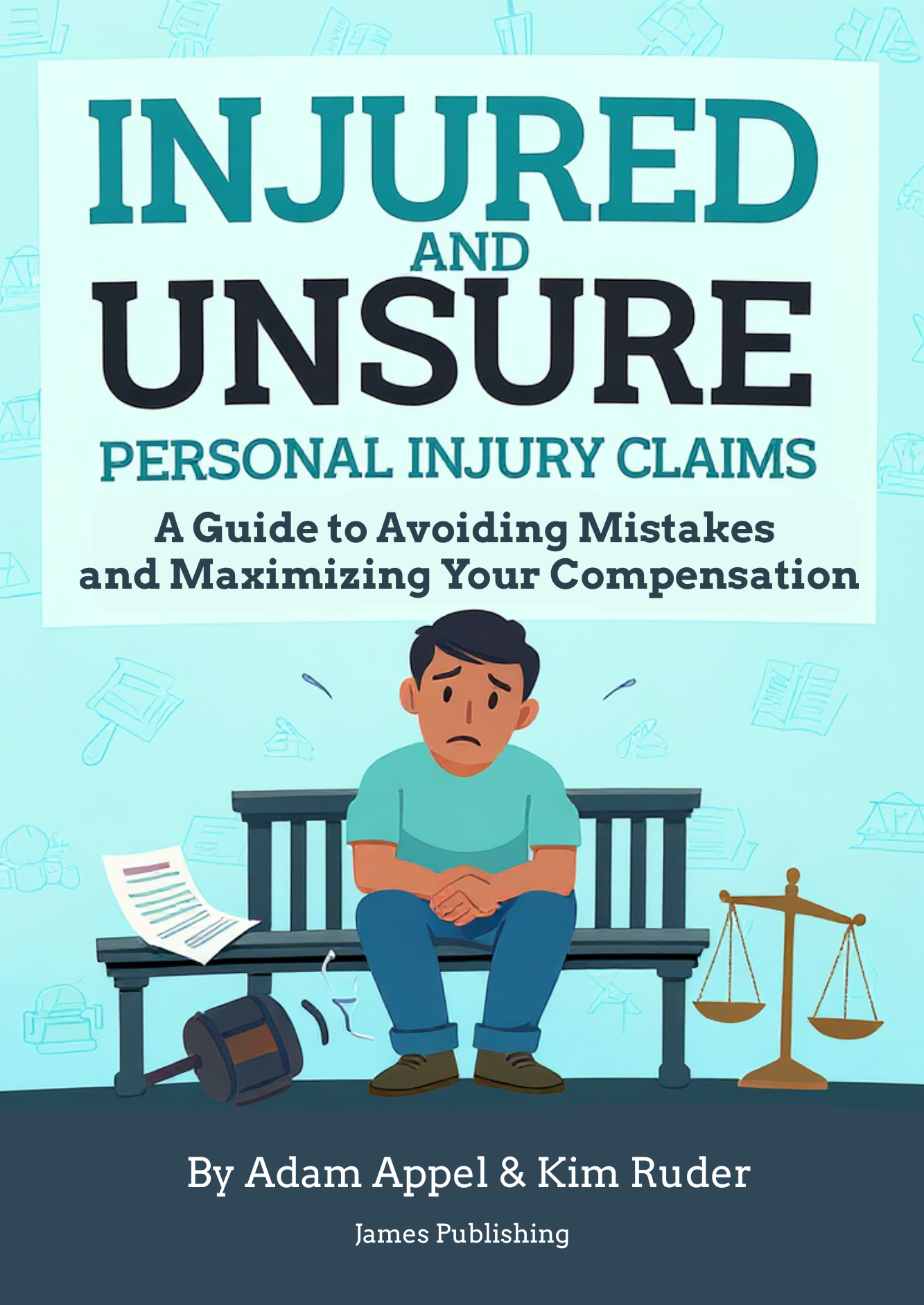Table of Contents
18-wheelers play a significant role in transporting goods and materials across the roads and highways of Georgia. Unfortunately, their job can quickly become your worst fear the moment the 53-feet long trailer crosses the median and into your lane. Accidents involving big rig trucks are much different than crashes with a passenger automobile, SUV, or light duty truck. We’ll review the differences and complications that could arise when a passenger vehicle collides with an 18-wheeler.
There Are Different Standards for Commercial Drivers
Commercial Driver’s License (CDL) holders, such as truck drivers, are held to a higher standard when operating on public roads, according to the Federal Motor Carrier Safety Administration (FMCSA). Commercial truck drivers are required to obtain CDLs through their home states, and special endorsements may be required for the operation of trucks with double or triple trailers, trucks with tanks, or trucks carrying hazardous materials.
The FMCSA also has higher standards for state testing and licensing of these drivers. Besides, drivers of big rig trucks must adhere to strict regulations that govern:
- Hours of service
- Drug and alcohol testing
- Cell phone use
Big-Rig Truck Crashes Result in More Severe Injuries
Commercial trucks can weigh up to 80,000 pounds. An 18-wheeler’s weight often means that injuries to those involved in crashes are far more severe. Drivers and other occupants of passenger vehicles involved in collisions with 18-wheelers commonly experience potentially life-altering injuries, such as:
- Neck injuries
- Back injuries
- Whiplash injuries
- Broken bones
- Rib and torso injuries
- Head injuries
- Traumatic brain injuries
- Paralysis
- Spinal cord injuries
- Internal organ injuries
- Burn injuries
- Lacerations
The enormous size and weight of commercial trucks also increase the likelihood of a collision being fatal.
18-Wheeler Accidents Involve More Liable Parties
The trucking company, or carrier, may be legally responsible for the truck driver’s actions, as well as the safety of the trucks it owns. In addition to a truck driver and the carrier, several other parties may be liable for a truck accident. Other liable parties may include:
- The manufacturer of the truck and its parts
- Vendors providing services to the carrier
- The owner of the cargo
- A local government or contractors responsible for highway design or maintenance
Your truck accident will likely require an independent crash investigation to determine who’s responsible for your injuries and other losses.
Evidence Requirements are Different for Truck Crash Cases
Since commercial trucking companies usually have high-powered attorneys of their own, evidence will be your best friend. Types of evidence that would enhance your case include:
- Pictures of the scene from as many vantage points as possible
- A police report
- Cell phone records (which will help determine if a driver was distracted at the time of the crash)
- The driver’s qualification file and training file
- Hours of service documentation
- Truck inspection records
- Maintenance records
- Drug screening records
- Downloads of onboard systems
- Delivery documents
- Dispatch instructions
- Weight tickets
Our personal injury attorneys will collect the evidence necessary to hold the responsible party liable for your injuries.
How long does a commercial truck accident lawsuit take?
A commercial vehicle accident lawsuit can take between 12 and 18 months to settle. The time it takes to settle a case may vary depending on the complexities of your case. The team at Dermer Appel Ruder is committed to fighting for what you deserve in Alpharetta, Duluth, Dunwoody, Gwinnett, Johns Creek, Peachtree Corners & Roswell, Georgia. Discuss your legal options with us during a free consultation. Call Dermer Appel Ruder, LLC at (404) 892-8884 or fill out our online contact form today.
